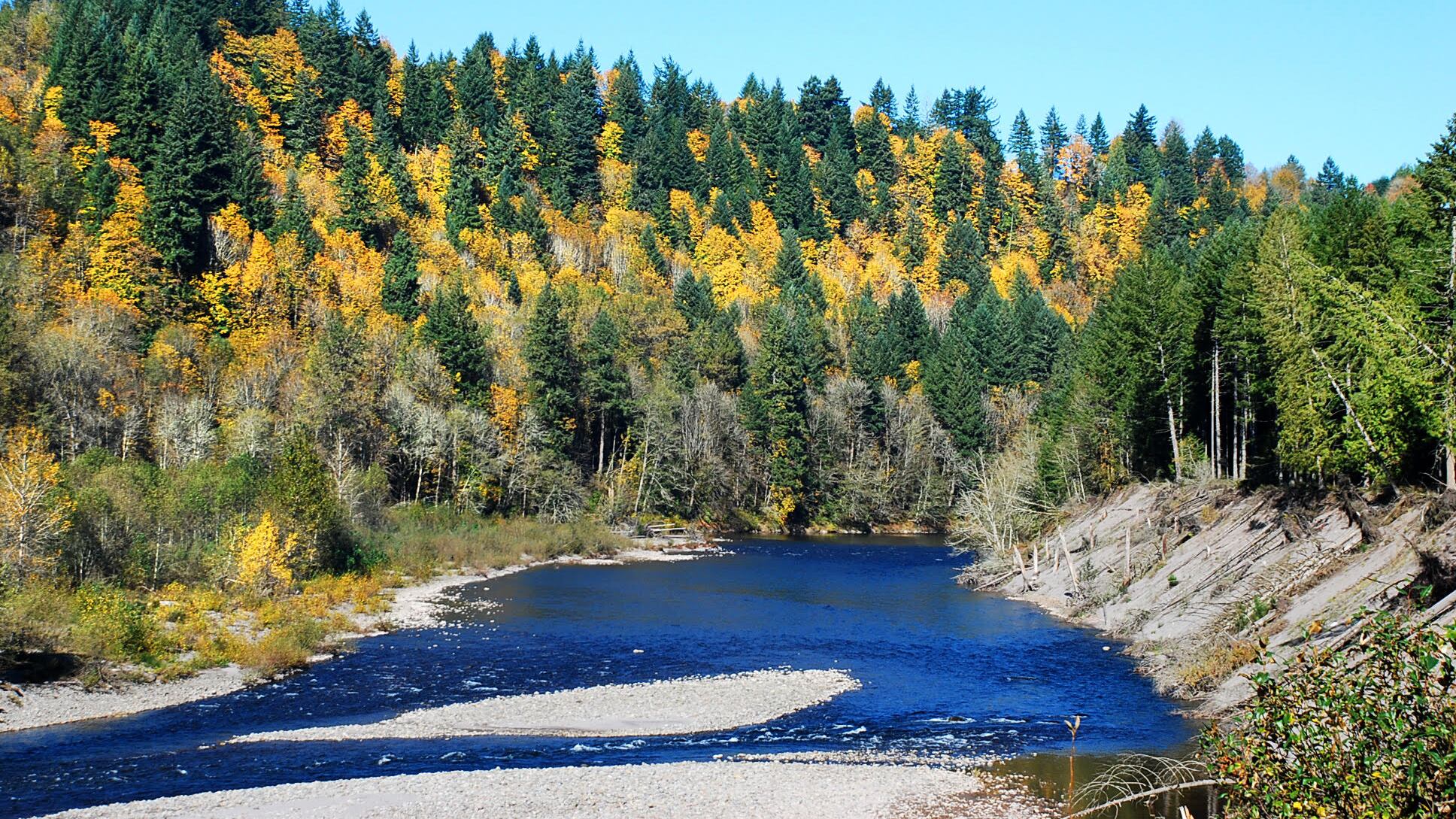Portland-area voters will approve four major ballot measures tonight, early returns show. Two of those measures renew property taxes to fund open spaces and schoolteachers.
This November's off-year election featured no candidate races, only measures. Voter turnout was anemic. As of 5 pm, three hours before drop-off sites closed, just 26.1 percent of registered Multnomah County voters had returned their ballots.
The feeble turnout does not appear to have harmed regional government Metro's $475 million bond that will be used to purchase and preserve open spaces. Early returns show that measure winning by a nearly 2-to-1 margin across three counties.
The Metro measure drew some scrutiny. Critics raised objections to how many of the properties exist outside the urban growth boundary, away from public access, and derided the pass-along to other governments as a slush fund. Proponents argued that the bond preserves natural areas around a rapidly growing city, and is Metro's first open-spaces measure crafted with input from communities of color about what parks and trails they wanted.
Portland Public Schools is on its way to passing a serial levy that will raise about $100 million a year to keep nearly 900 teachers on the payroll. Oregon's school-funding system leaves the state's largest district dependent on voters to renew the jobs of more than a quarter of its teachers. Voters said yes: 73 percent to 26 percent.
Both of those measures replace existing measures, so their passage means taxpayers' property taxes will not rise because of them—they will continue paying current amounts for previous measures.
Portland voters also approved two measures that relate to the city's drinking water. One requires a public vote to change protections and use of the Bull Run Watershed, the glacial lake and surrounding wilderness near Mount Hood where the city draws its tap water. The other measure allows the Portland Water Bureau to spend ratepayer money on emergency aid to other cities—and enter deals where those cities agree to help us in a crisis, such as a Cascadian earthquake.
Both measures are passing with more than 83 percent of the vote.

